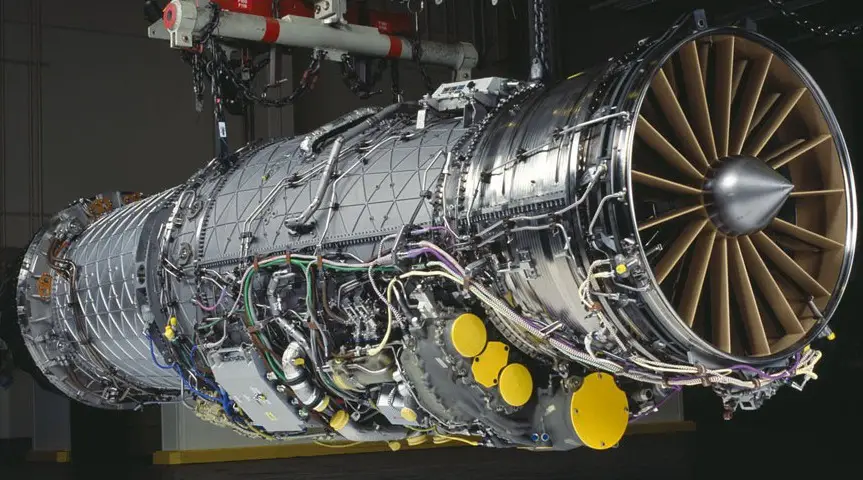Patria and Pratt & Whitney, an RTX business, have signed a Memorandum of Agreement (MoA) that covers the contractual framework for Pratt & Whitney F135 engine production and sustainment projects in Finland by Patria. The agreement covers the assembly of F135 engines and components between 2025-2030, followed by a transition to F135 engine Maintenance, Repair, Overhaul and Upgrade (MRO&U) operations, beginning in 2030. The needed assembly and maintenance lines will be built in Linnavuori, Nokia, in Finland. The direct employment impact of this MOA for Patria during this timeframe is estimated to be approximately 50 persons. The F135 engine’s industrial participation solution in Finland creates strong competences via security of supply and is also significant for the national economy.
“The F135 industrial opportunities offered to Finland will support the Finnish industry’s growth in 5th generation engine knowledge. Additionally, the capabilities delivered by these projects will contribute to security of supply for the defense of Finland and its NATO allies, while also expanding the F135 engine’s sustainment network. We look forward to seeing Patria-assembled F135 engines powering sovereign Finnish F-35 fighter jets in the near future. The ultimate focus is a transition to a national depot capability in support of Finnish Air Force operational requirements for decades to come,” says Chris Johnson, Vice President of the F135 Program at Pratt & Whitney.
“This unique agreement between Patria and Pratt & Whitney on establishing capabilities for the F135 engines is another important milestone for Finland´s F-35 programme and Patria,” says Petri Hepola, Chief Program Officer, F-35 at Patria. “The collaboration of Patria, Pratt & Whitney, Finnish Ministry of Defence and Defence Forces has been productive and we at Patria are eagerly looking forward to continuing this journey and developing new capabilities together.”
The Pratt & Whitney F135 is an afterburning turbofan developed for the Lockheed Martin F-35 Lightning II, a single-engine strike fighter. It has two variants; a Conventional Take-Off and Landing (CTOL) variant used in the F-35A and F-35C, and a two-cycle Short Take-Off Vertical Landing (STOVL) variant used in the F-35B that includes a forward lift fan. The first production engines were delivered in 2009. Developed from the Pratt & Whitney F119 engine used on the F-22 Raptor, the F135 produces around 28,000 lbf (125 kN) of thrust and 43,000 lbf (191 kN) with afterburner. The F135 competed with the General Electric/Rolls-Royce F136 to power the F-35. There are two F135 variants: the -100 and the -600 versions. A -400 version is mentioned, similar to the -100, the main difference being the use of salt-corrosion resistant materials.















